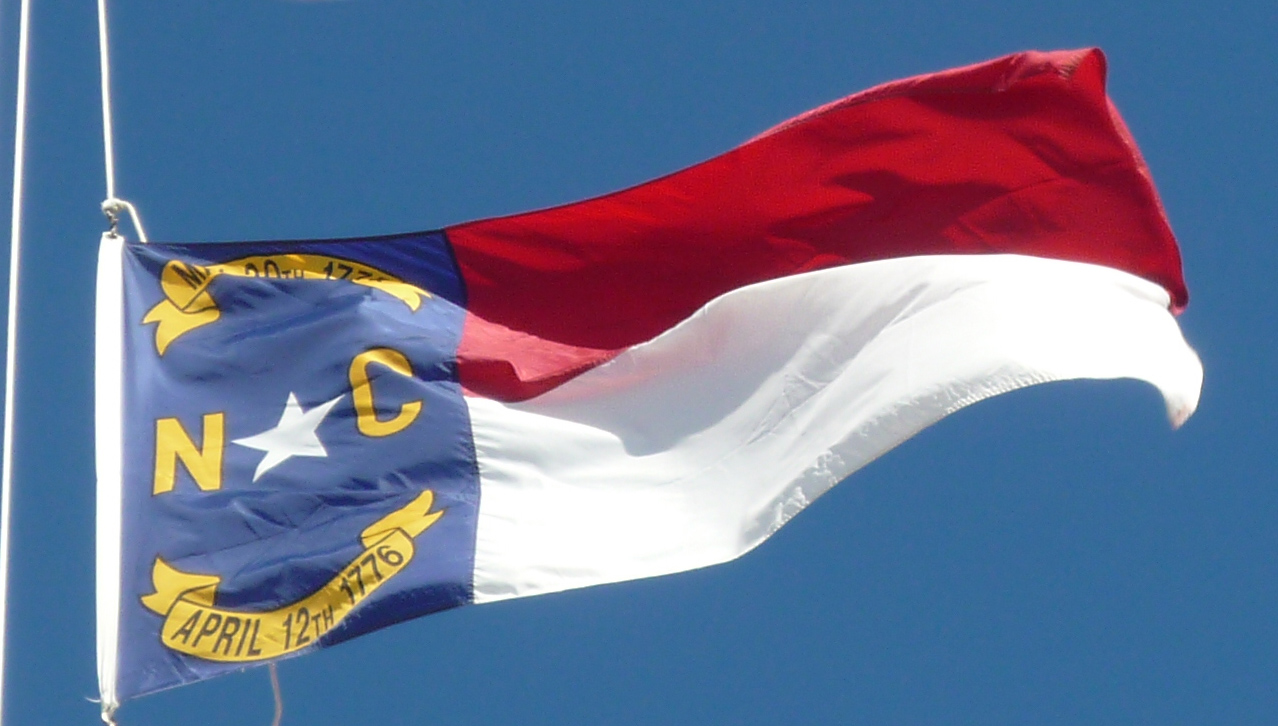On Dec. 11, 2024, the North Carolina House of Representatives voted to override Gov. Roy Cooper’s (D) veto of S 382. Cooper vetoed the bill on Nov. 26, and the North Carolina Senate voted along partisan lines to override the veto 30-19 on Dec. 2. The 72-46 vote in the House confirmed the override.
The bill combines disaster relief funding for communities and businesses affected by Hurricane Helene with various changes to state law, including several related to elections.
Among these, the bill makes the state board of elections an agency under the state auditor instead of the governor, moves up the deadline to request an absentee ballot by one week to the second Tuesday before an election, and sets the deadline to return cured ballots at 12 p.m. three business days after an election rather than 5 p.m. on the day before the canvass. At least one other state, Tennessee, adopted legislation in 2024 that moves up the absentee ballot request deadline.
The North Carolina bill also requires the governor to fill judicial vacancies using a list of candidates provided by the departing judge’s political party, and includes provisions related to state zoning laws. Click here for a complete summary of the election-related provisions of the bill.
As a result of the November elections, Republicans lost supermajority control of the state legislature in North Carolina, where state law requires a three-fifths threshold in both chambers of the legislature to override a veto. Heading into the election, North Carolina was one of four states with a governor of one party and a veto-proof state legislative majority of the opposing party. With Democrats also losing supermajority control in Vermont, just two states — Kansas and Kentucky — will retain this status in 2025. Elsewhere this year, Republicans also lost supermajority status in Montana, and Democrats also lost it in New York. Click here to read more about the results of 2024 state legislative elections.
The North Carolina legislature has passed several bills since the election, but S 382 is the only one that Gov. Cooper has vetoed. After the veto, Gov. Cooper said, “This legislation was titled disaster relief but instead violates the constitution by taking appointments away from the next Governor for the Board of Elections, Utilities Commission and Commander of the NC Highway Patrol, letting political parties choose appellate judges and interfering with the Attorney General’s ability to advocate for lower electric bills for consumers.” Governor-elect Josh Stein (D) also criticized the override in a statement, saying, “this bill is a power grab, not hurricane relief.”
Speaker of the House Rep. Tim Moore (R), who supported the bill, said, “This action item today is going to be critical in making sure North Carolina continues to be able to do what it can to deliver victories for Republicans up and down the ticket and move this country in the right direction.” Rep. Dustin Hall (R), another supporter and speaker-elect in the lower chamber, said that there was “nothing unusual about the way this body has handled this particular storm relief.”
The bill originally passed the legislature on Nov. 20. Three Republicans in the lower chamber voted against the bill, but the bill otherwise passed the legislature along party lines.
Additional reading:



